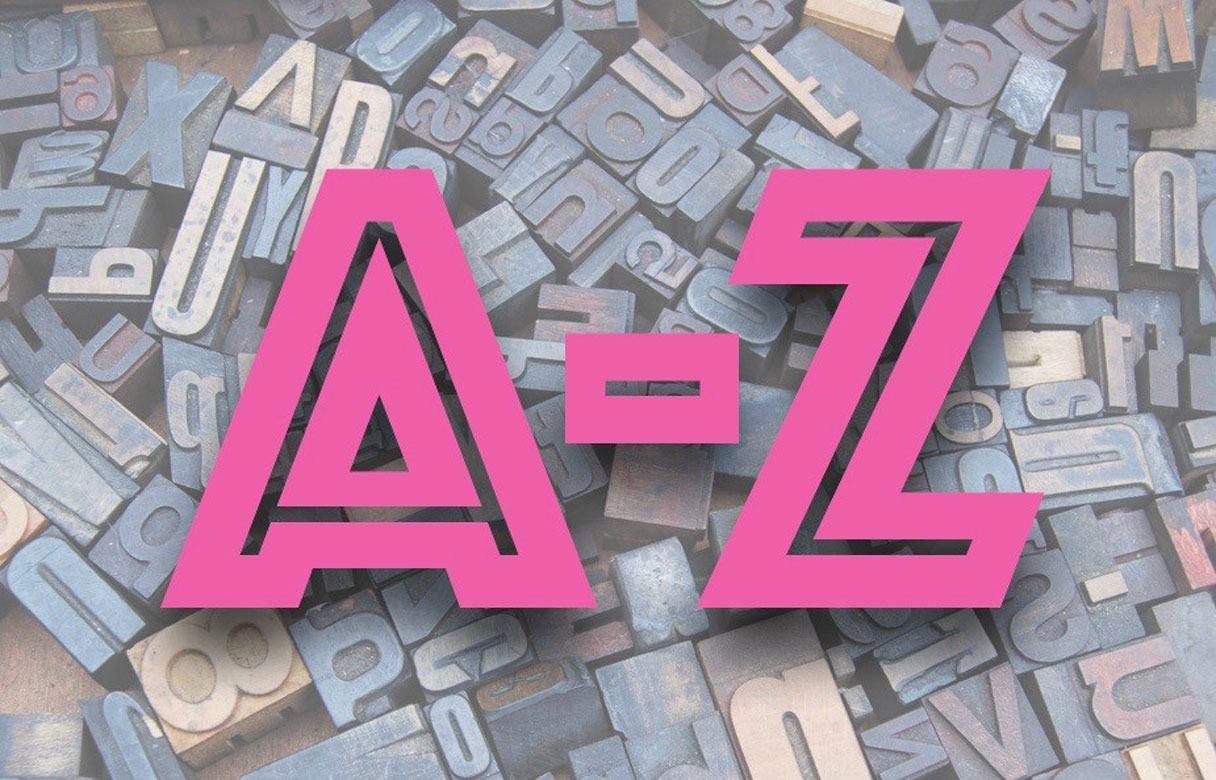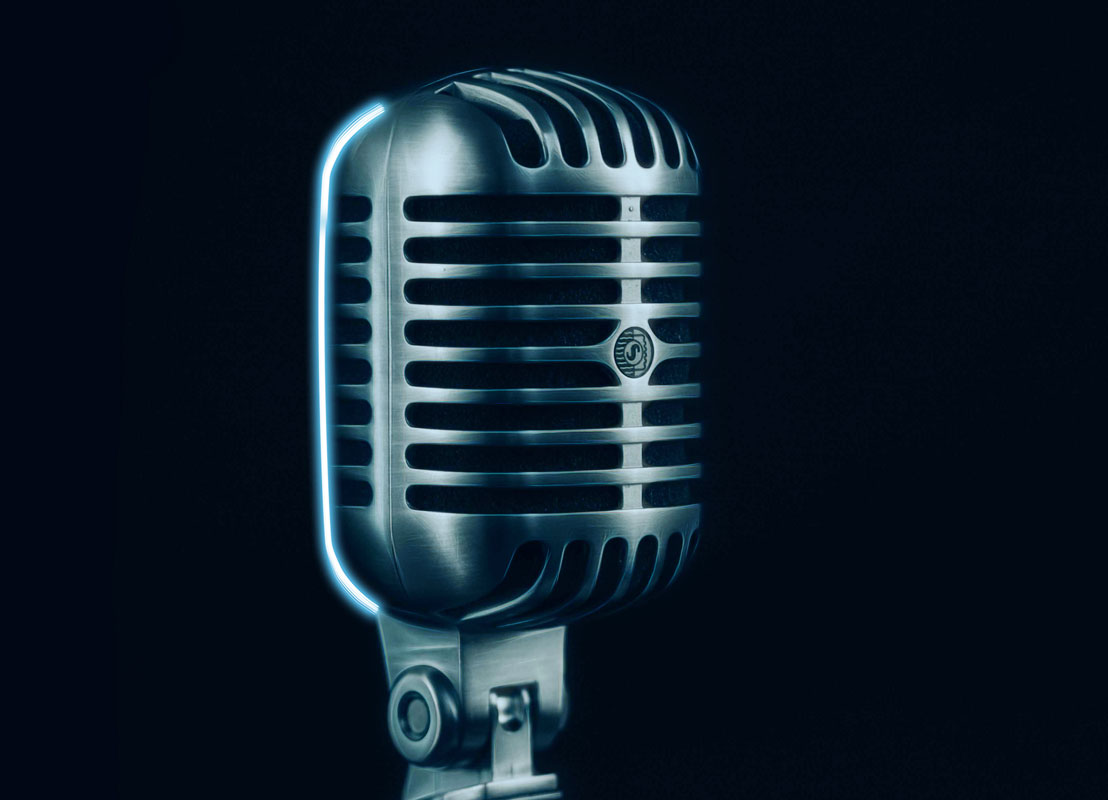THE NEWSROOM
“The Media Training A-Z” – U is for Underpowered
 “Often we start answers with vigour and then energy tails away. Great examples and arguments are lost to the viewer because a lack of energy signals:
“Often we start answers with vigour and then energy tails away. Great examples and arguments are lost to the viewer because a lack of energy signals:
“There is nothing of interest here”. We switch off.
This diminuendo can be because the speaker lacks confidence in what they’re saying. It’s sometimes because they’re already thinking about the next point rather than focussing on what they’re actually saying now – it can on occasions be accompanied by a slightly distracted look. So, don’t waste your content. Energise to your closing words and stay in the moment.”
Media News – w/e 30th October
Here’s a preview of this week’s Media News section of the Monday Media Briefing:
Another Briefing, another high profile BBC departure. This time it’s the excellent Mark Mardell, who announced on Twitter that yesterday’s World At One and World Tonight would be his last after 30 years at the Corporation.With the seismic election just a day away, this is an excellent article from the Columbia Journalism Review on how the press has covered the last four years of the Trump presidency
Sir Harold Evans died earlier this year. We’d recommend this Archive on 4 from 2018 in which Razia Iqbal travels to New York to interview the Legend of Fleet Street.
“Print will prosper for much longer than anyone thinks” The i reaches 10 years. Here, the current editor reflects.
“The Media Training A-Z” – T is for Trigger-Happy
 “Firing off an interview answer quickly is rarely wise, but it’s especially unhelpful in remote interviews. The sort of online platforms we’re all using cleverly react to your voice but the technology struggles when one voice is overlaid on another. Jumping in just after, or even before your interviewer completes the question, means the start of your answer will definitely not be heard and may not even be seen. Think of your response as part of a relay – a handover from one talker to another needs a momentary pause. Then your opening words will achieve the impact they deserve and you will be filling the shared screen. An exchange that breathes is also more easily consumed by your audience. So don’t rush.”
“Firing off an interview answer quickly is rarely wise, but it’s especially unhelpful in remote interviews. The sort of online platforms we’re all using cleverly react to your voice but the technology struggles when one voice is overlaid on another. Jumping in just after, or even before your interviewer completes the question, means the start of your answer will definitely not be heard and may not even be seen. Think of your response as part of a relay – a handover from one talker to another needs a momentary pause. Then your opening words will achieve the impact they deserve and you will be filling the shared screen. An exchange that breathes is also more easily consumed by your audience. So don’t rush.”
How to become a compelling interviewee
 A confession from a former radio news producer. Twenty years ago the voice of the audience in the programme-making process was virtually silent. We’d get the occasional letter with feedback on a long forgotten segment, and the odd phone call, but that was about it. Gauging how listeners genuinely felt about an interview or guest was nothing more than educated guess work.
A confession from a former radio news producer. Twenty years ago the voice of the audience in the programme-making process was virtually silent. We’d get the occasional letter with feedback on a long forgotten segment, and the odd phone call, but that was about it. Gauging how listeners genuinely felt about an interview or guest was nothing more than educated guess work.
The reality now is different. All producers and most presenters have two computer consoles open in front of them when a news programme is on air. One contains scripts and running-orders, but the other spits out feedback from the audience in the form of texts, emails and tweets.
This feedback is in real-time.
Now that I’m a media trainer, what interests me is what impact this change has on you, the potential interviewee. As I see it, there’s some good news and bad news.
Let’s start with the negative. If you use technical language or acronyms without explaining what they are, the audience may turn against you. If you focus on process or methodology whilst ignoring the impact or potential impact your research might have, the audience may turn against you. If you sound bored, jaded, or like you’re going through the motions, the audience may turn against you.
And because of that console, the presenter knows it. And the tone he or she takes with you will be shaped by those comments.
Now here’s the positive. Imagine you’re a presenter and you glance at this sort of feedback:
“Finally, someone has made sense of this issue for me.”
“Inspiring expert on @radioXYZ talking about something that affects us all.”
What do you do? Give the guest a hard time? Of course not. You help and support them, and the interview becomes a collaboration rather than a confrontation.
The bottom line then, is that you should always aspire to be compelling on air and as media trainers our passion is helping experts achieve that. We’ve developed techniques that ensure interviewees talk with a controlled energy, are accessible without dumbing down, and can tell the story of their research in a way that works for the media. Above all we build confidence so that all of the above is realistic.
Now for the final piece in the jigsaw. Here’s a quote from Woman’s Hour presenter Jane Garvey, who was once asked for a tip on how to be a good interviewer. She said this:
“Relax enough, if you can, to listen to the person you are speaking to and then the next question, in an ideal world, should suggest itself.”
Music to the ears of the compelling spokesperson. Trust that you won’t be thwarted by a presenter with a set list of questions that they ask regardless of what you say. Presenters are led by good speakers with good content. And the better you are, the happier they are to let you lead.
GET IN TOUCH
LET’S DISCUSS YOUR REQUIREMENTS


